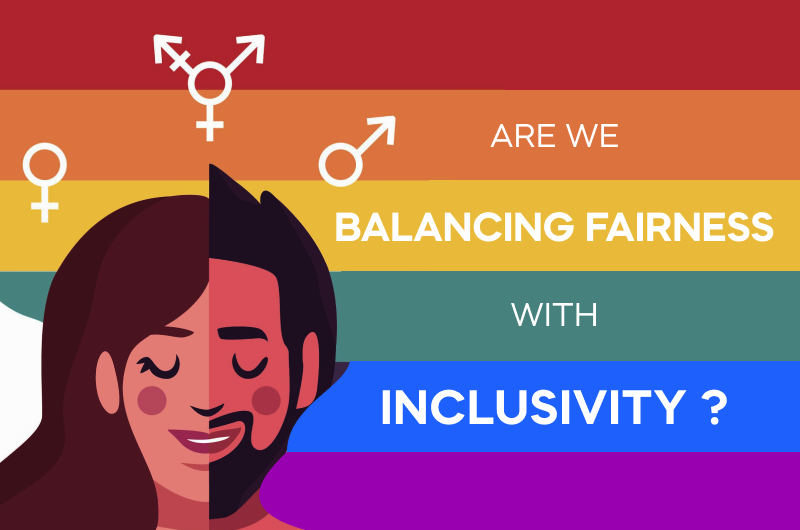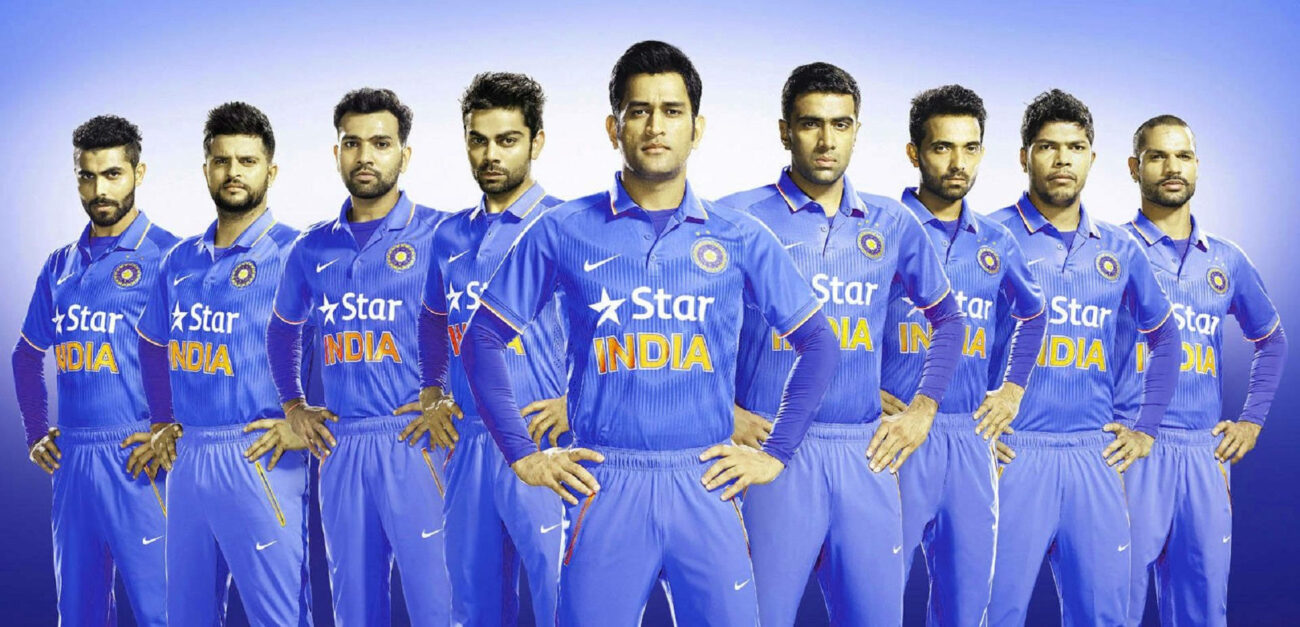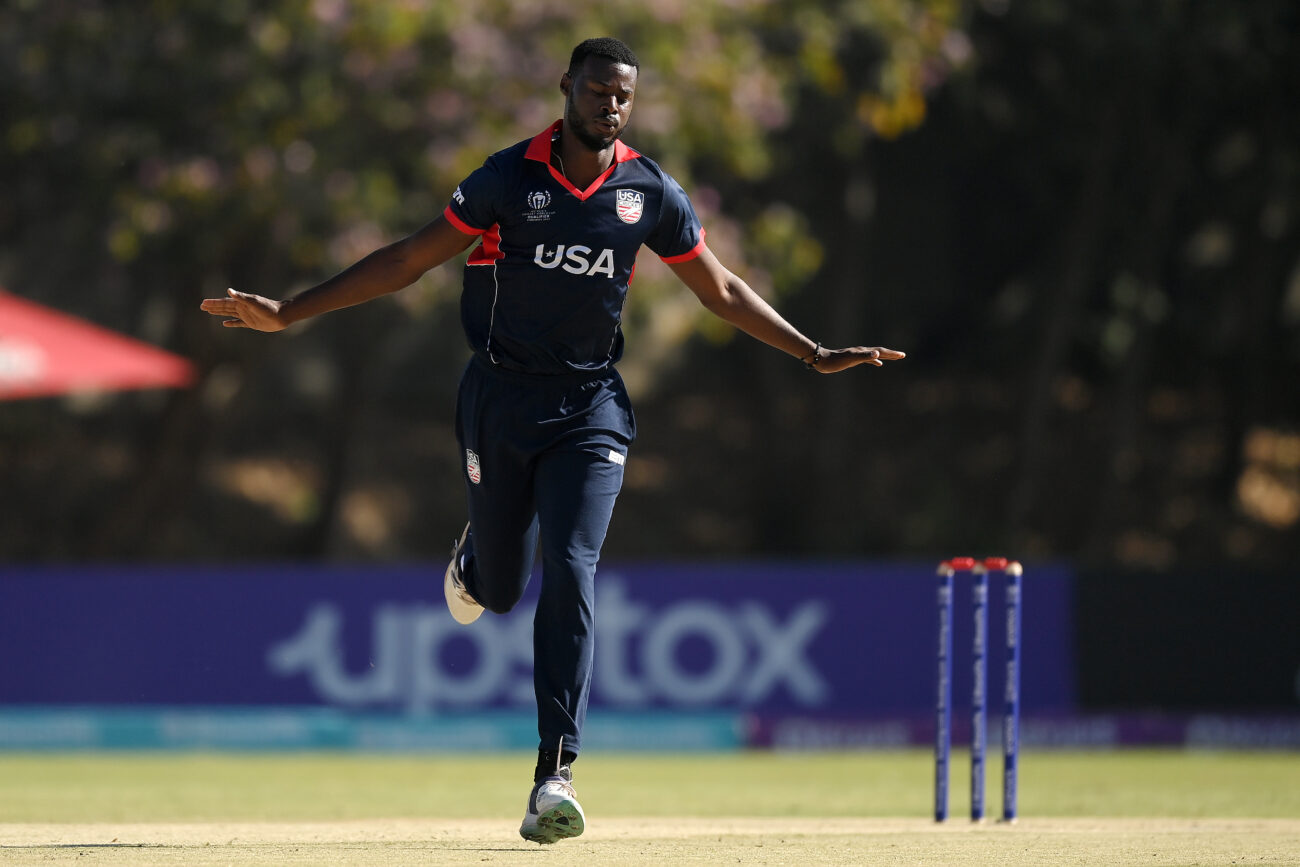On 24th March 2023, World Athletics banned Transgenders from playing sports under the women category. The debate has been going around about whether to let trans women play under the women category as biologically born males would obviously have an advantage.
The approach is to let the Transgender community have a separate category but banning them is not the ultimate solution as they have the talent that they possess. In these evolving times of inclusivity, this is a topic to be spoken about. The broader perspective is to include them and create a space where there will be equal competition and fair judgement. It’s not about pronouns, it’s about hormones.
Renee Richards formerly known as Richard Raskind was a well-known Tennis player who after transitioning in 1975 went further to play in the women’s category. From 1975-1977 she faced and sued court cases as she was questioned to play as a woman and also because she refused to take the Barr body test. Finally, in 1977, Judge Alfred M. Ascione found in Richards’s favour. He ruled: “This person is now a female” and that requiring Richards to pass the Barr body test was “grossly unfair, discriminatory and inequitable, and a violation of her rights. She continued playing professionally from 1977-1981 in the women’s category till she retired.
A policy recited by WA also ruled that to compete as a woman, athletes with differences of sexual development (DSD), who have congenital conditions that cause atypical sex development, must have a testosterone level below 2.5 nanomoles per litre (nmol/L) for at least 24 months before an international competition.
Concerns and Opposition
Physical Advantages and Competitive Fairness: Critics of transgender women’s participation in women’s sports raise concerns about potential physical advantages resulting from biological differences, such as bone density, muscle mass, and lung capacity. They argue that these inherent physiological attributes may create an unfair advantage for trans women athletes, compromising the integrity of the competition.
Safety and Injury Risks: Opponents argue that the physical differences between cisgender women and transwomen athletes could pose safety risks, particularly in contact sports. Concerns are raised about the potential for increased injury rates among cisgender female athletes due to perceived strength or size discrepancies.
Maintaining Separate Categories: Some argue for the creation of separate categories or divisions in sports, where transgender women can compete among themselves. This approach aims to ensure fair competition while recognizing the unique experiences and challenges faced by transgender athletes.
“Is it a question for Human rights?”
In July 2022, on “ The Daily Show ” hosted by Trevor Noah was seen interviewing Veronica Ivy who is a track cycling world champion and Transgender activist. In the interview, she stated her perspective on Transgender women playing women’s sports.
When asked about women raising concerns about being transitioned women has their advantages and it’s unfair to compete against biologically born females she responded.
“This idea that trans women are suddenly gonna take over women’s sport is an irrational fear of trans women, which is the dictionary definition of transphobia.”
The host continued with asking about “ What if” a cisgender woman asks you that my entire existence has been being a woman and I feel that transitioning from male to female has an advantage. So if you wait till the sports world finds a middle ground where the competition is equal to compete with me. To which Veronica Ivy responded.
“Because that’s not how human rights work. So the way human rights work is that the default is inclusion, and the burden of proof is on the people seeking to exclude, not the people seeking to include.”
Caitlyn Jenner is an Olympic Gold winner in the decathlon (1974) and also a media personality. Caitlyn is a biologically born boy and was identified as William Bruce Jenner previously, In April 2015 she came out as a trans woman and went through the transition.
After Lia Thomas became the first transgender woman to win an NCAA swimming title by beating her competitor Emma Weyant by 38 seconds. Netizens speculated the win to be “unfair”.
In April 2022, Caitlyn Jenner in an interview on Piers Morgan Uncensored commented about the latter news when Piers asked
“I stand with it that I don’t want biological boys to compete against women and girls in sports it’s just not fair now obviously. Lia Thomas at the University of Pennsylvania had been on the boys team just a few years earlier. I do not blame her she played within the rules but she dominated she had gone through male puberty her lungs are bigger, her back is bigger, and her hands are bigger, and she just has a tremendous advantage in swimming in the pool against the women and she proved that so I don’t have a problem with her.”
‘ I have a problem with the NCAA that we have to change the rules, we have to do a better job because the bottom line is we have to keep it fair.
I don’t want to ruin women’s sports or discourage women from getting into sports because they think they’re going to have to compete against a bunch of guys. I totally agree it’s not fair.’
Netizens globally are commenting on online platforms with #savewomensports and #flippingexhausted. The debate hasn’t ended yet, people are demanding to create a separate category for transgenders so that they can participate with integrity. To conclude the debate there are many views on this topic but most commonly are two. First is acceptance that, Men who went through male puberty and later transitioned into women have an unfair biological advantage and must be excluded from the former category. The second is to create an inclusive category where the transitioned individuals can pick their choice of competition.






